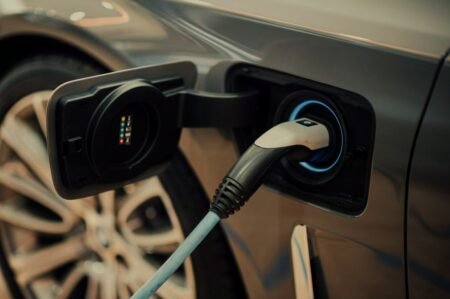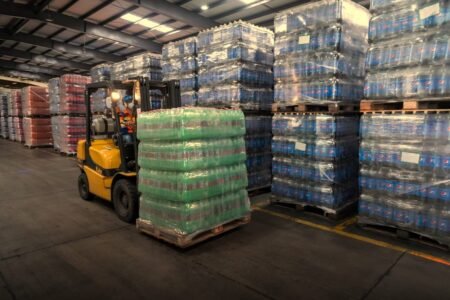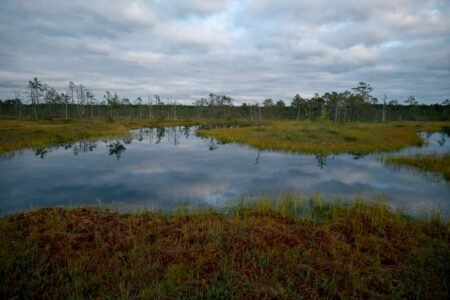European leaders met to discuss the EU’s 2040 climate target but concluded without reaching a decision and passed the baton back to Environment Ministers.

That said, the Council conclusions make one thing clear: the proposed 90% emissions reduction target is still the only number on the table. WWF urges the EU’s Environment Ministers to finish the job in time for COP30 in Belem and confirm a 2040 target of at least 90% emissions reduction – without any international offsets.
After today’s summit, there is only one stop left on the road to Belem: the expected extraordinary Council of Environment Ministers. That meeting will be Europe’s final pit stop before COP30 and the last opportunity for the EU to agree on a credible emission reduction target for 2035, which is required under the Paris Agreement as part of the EU’s National Determined Contribution (NDC). This has not been submitted yet because of the delay in agreeing on the 2040 target.
“Environment Ministers passed the 2040 baton to European leaders, and they have handed it straight back to them. It is time for this game of pass the parcel to stop and for someone to take a decision, so the EU does not turn up in Belem empty-handed,” said Alex Mason, Head of Climate and Energy at WWF EU.
However, there are still some pitfalls which could hollow out the 90% target. WWF is concerned about the vague wording in today’s Council conclusions on the timing, amount, and quality of the international offsets, which could water down the overall ambition of the target.
“The 90% target was not challenged by EU leaders, so that remains the only number on the table. The question is just how much of that will be real domestic emissions cuts, rather than international offsets. Given how unreliable those have proved in the past, the right answer must be zero. They might look good on paper, but the atmosphere cannot be tricked by creative accounting,” Mason added.
European leaders also overlooked the root cause of the decline of natural removals, instead suggesting that EU climate goals around carbon removals need to be weakened. A stable and healthy land carbon sink is crucial for the EU to meet its climate goals and ensure resilience against escalating climate impacts. The science is clear: logging is the leading cause of a lower rate of CO2 absorption by EU’s forests, not natural disasters. This is what the EU should address.
While European leaders may have avoided setting the number themselves, their conclusions implicitly endorse the 90% target as the only realistic figure in play. As the climate clock ticks louder, Europe cannot afford to kick the can down the road any longer. The decisions made on 4 November will determine whether the EU arrives at COP30 as a climate leader or a laggard.
Deregulation Drive
EU leaders also renewed their push for the simplification of EU laws, a move that risks weakening vital environmental protections. Since taking office, the European Commission’s deregulation drive has already rolled back several environmental and health standards. Today, leaders called for even broader deregulation, following a joint letter from 19 heads of state and government urging a “constant stream” of Omnibus proposals from the Commission. These initiatives have drawn criticism for lacking transparency, proper impact assessments, and public consultation, and are currently under investigation by the European Ombudsman.
Ester Asin, Director of the WWF European Policy Office, said: “Today’s discussion offers little reassurance that EU leaders will protect rules safeguarding people and nature. If they truly care about competitiveness and predictability for businesses, they should fully implement existing environmental laws – a move that could save the EU economy at least €180 billion each year according to the Commission’s research, compared to just €8 billion expected from deregulation.”







